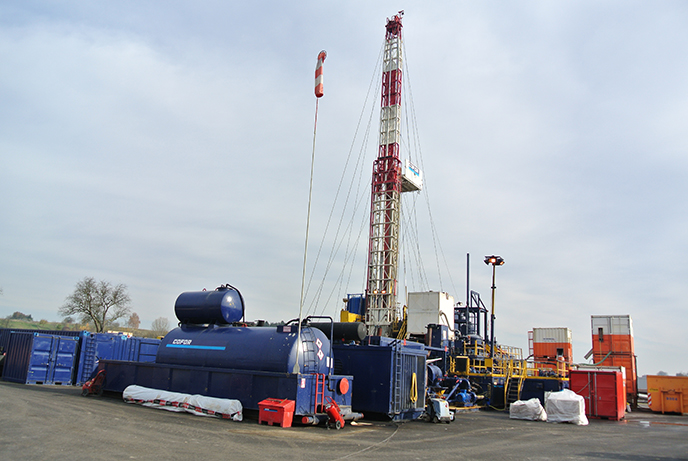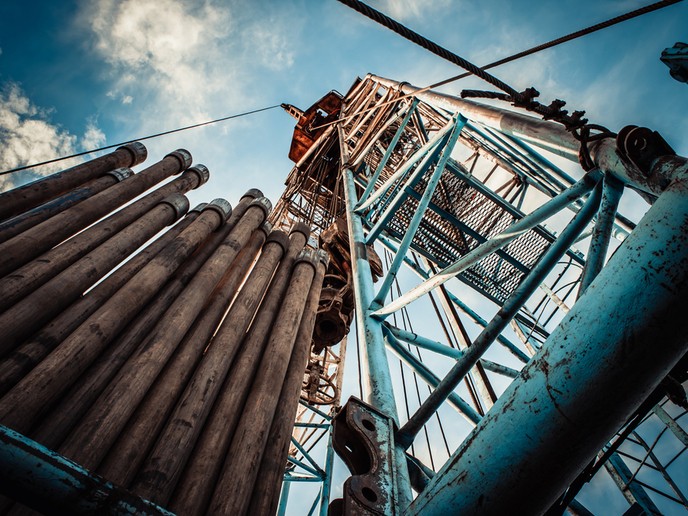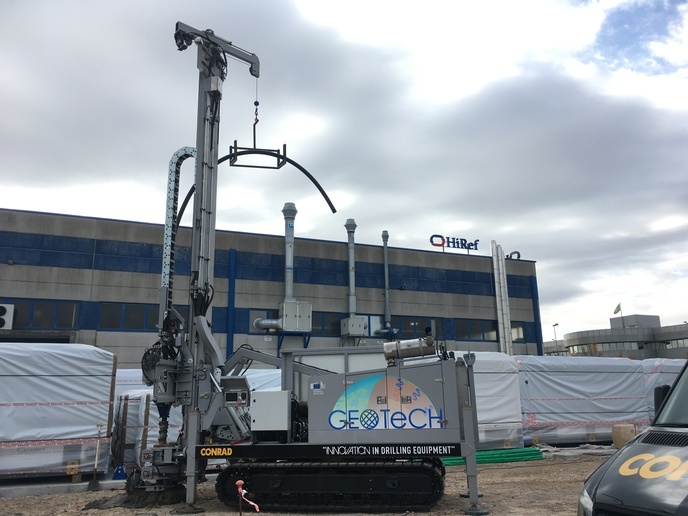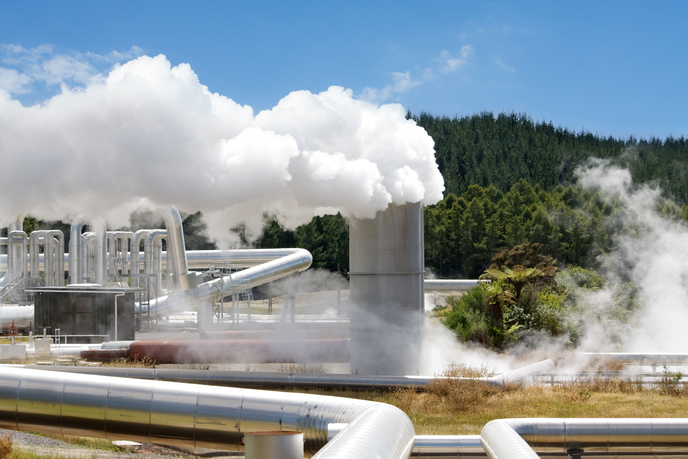Lowering the risk of investing in geothermal energy
Production of geothermal energy is associated with technical and economic risks. For example, there is the possibility of not finding, after drilling, the financially sustainable geothermal resource expected. Alternatively, the resource may be naturally depleted, thereby rendering its exploitation economically unprofitable after some years. Exploring the subsurface is necessary to characterise the capacity for a specific region to serve as a geothermal energy resource. The resource risk often prohibits the development of geothermal projects across Europe due to the high cost and low funding availability for this development phase.
Integrated European efforts towards geothermal risk mitigation
The EU-funded GEORISK(opens in new window) project proposed to record the risks associated with geothermal project development so as to attract investments for private capital. The project was led by the European Geothermal Energy Council(opens in new window) (EGEC) and brought together key stakeholders involved in deep geothermal projects for power and/or heat. These include geothermal associations, companies, public entities involved in risk mitigation, such as geological surveys, and institutions involved in geological and geothermal activities, energy, and funding public institutions. GEORISK focused on key countries in Europe with different deep geothermal potential, geological settings and market maturity. France, Germany and Turkey have rather mature markets for geothermal power or district heating plants, while the markets of Greece, Hungary, Poland and Switzerland are in a transitionary phase.
An online GEORISK tool
Partners generated a risk register(opens in new window) that includes six categories of risk: external hazard risks due to natural or anthropogenic factors, risks due to uncertainties in the external context, risks due to internal deficiencies, risks due to subsurface uncertainties, technical issues, and environmental risks. The register can be downloaded as a spreadsheet alongside assessment(opens in new window) information on the importance of each risk. “GEORISK covered all the plausible risks faced by developers of geothermal projects as well as mitigation measures,” explains Philippe Dumas, project coordinator and secretary general of the EGEC. The overview of associated risks helped project developers and market actors analyse financial and risk insurance schemes for risk mitigation and compare directly geothermal sources versus other renewable energy sources.
Risk mitigation schemes
The new EU Renewable Energy Directive(opens in new window) proposes the implementation of risk mitigation frameworks to reduce the cost of capital for renewable heat and cooling projects. GEORISK helped partner countries establish sustainable risk mitigation and insurance schemes covering geothermal resource and technical risks. Switzerland proposed a supplementary risk guarantee to complement the existing financial grants, while Germany will launch a new funding scheme for renewable heat networks with 40 % subsidies. France introduced a new risk mitigation scheme alongside an export fund, and Turkey launched two funding calls for geothermal energy projects. Poland proposed to include a risk insurance fund in its geothermal roadmap by 2040, while Hungary generated a geothermal platform with access to geological data for project development. Greece has submitted a proposal to the Ministry of Environment and Energy. The experience acquired during GEORISK was replicated in other European target countries (Belgium, Croatia, Denmark, the Netherlands, Slovenia) and outside Europe (Canada, Chile, Kenya, Mexico). Regarding the future, Dumas emphasises: “Our blueprint will allow geothermal risk mitigation schemes to be established all over Europe in a tailored approach at national or EU level.”







